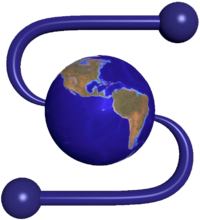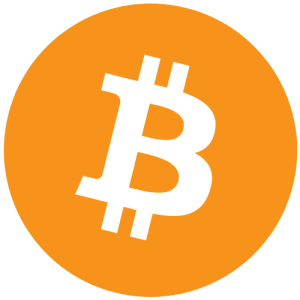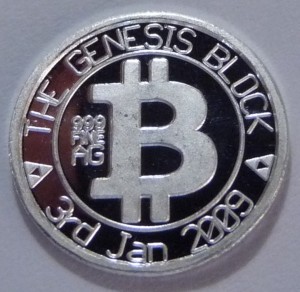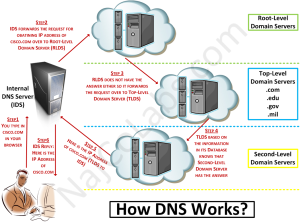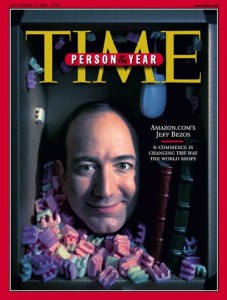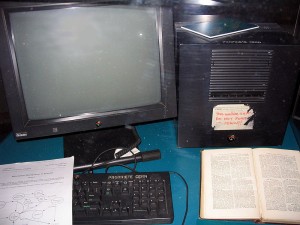The Internet
Drudge Report Legitimizes Internet Reporting
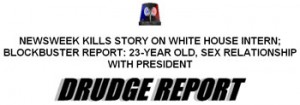
Matt Drudge breaks the story of the Bill Clinton–Monica Lewinsky affair on his website The Drudge Report. This incident brought to the limelight the emerging Internet news industry. Almost overnight it seems, traditional news media, especially newspapers, begin to lose ground to Internet news sources.
Wikipedia Goes Online; Bookshelves Clear Up
NCSA Opens
The National Science Foundation opens the National Center for Supercomputer Applications (NCSA) at the University of Illinois. In 1992 – 1993, Marc Andreesen would invent his Mosaic web browser while a student there, which he later transformed into Netscape. I remember opening the Mosaic program on a Mac in my dorm’s computer lab in 1993. Not knowing what it was, and because the homepage was set to the University of Illinois, I clicked around a few hyperlinks but quickly got bored. Little did I know what I had stumbled upon until several months later.
IETF Meets For the First Time
This day is the first meeting of the Internet Engineering Task Force. According to the IETF’s web site, “The mission of the IETF is to make the Internet work better by producing high quality, relevant technical documents that influence the way people design, use, and manage the Internet.” I’m sure this sounds boring to you, but if it wasn’t for them you probably wouldn’t be reading this right now!
Bitcoin Launched
Through a posting to The Cryptography Mailing List, the pseudonymous Satoshi Nakamoto releases the first version of the Bitcoin software and launches the network of the decentralized peer-to-peer cryptocurrency. Six days earlier, Nakamoto had generated the first block of 50 bitcoins, now known as the Genesis Block.
Bitcoin has slowly but steadily gained momentum as its users appreciate the fact that no one entity can control, manipulate, or deactivate the digital currency, along with it being an extremely private form of payment. Bitcoin has the potential to become “the currency of the future,” which means it could completely change the way our society functions in regards to money, government, and the economy – which basically means it could change almost everything about the way the world works. Not bad for some open source code.
The Genesis of Bitcoin
January 3, 2009
The pseudonymous Bitcoin creator Satoshi Nakamoto mines the first 50 bitcoins, now known as the Genesis Block, six days before the initial release of the bitcoin software and launch of the cryptocurrency network. Bitcoin has become the de-facto digital currency, popular for its decentralized approach because no single entity can control, manipulate, or deactivate the currency and transactions can be highly private yet still remain secure.
Domain Name System Created; .com is Born!
The Internet’s Domain Name System is created. If only I had the foresight back then to start registering .com names!
NORDU.NET was the first domain created on this day, for purposes of hosting the first domain root server, nic.nordu.net. However, the first domain to actually be registered was symbolics.com a couple of months later on March 15th, 1985.
The Dawn of the Internet
The ARPANET officially changes to using the Internet Protocol, creating the first component of the modern Internet.
Jeff Bezos Named Person of the Year
The World Wide Web is Finished by Christmas
Tim Berners-Lee, a British scientist working at the European Organization for Nuclear Research (CERN), along with with his associate Robert Cailliau, were operating the first web server, info.cern.ch, and first web browser/editor, WorldWideWeb, which were reportedly able to communicate over the Internet by this date. Running on a pair of NeXT workstations, the exact date that everything was truly functioning for the first time is lost to history, but according to Berners-Lee, it was functional by the time the Christmas holiday care around that year.
Interestingly enough, Berners-Lee and his wife were also expecting their first child, due on Christmas Eve. The baby was not born until New Year’s Day, however. Regardless, in essence Tim Berners-Lee fathered two babies during the 1990 holiday season!


